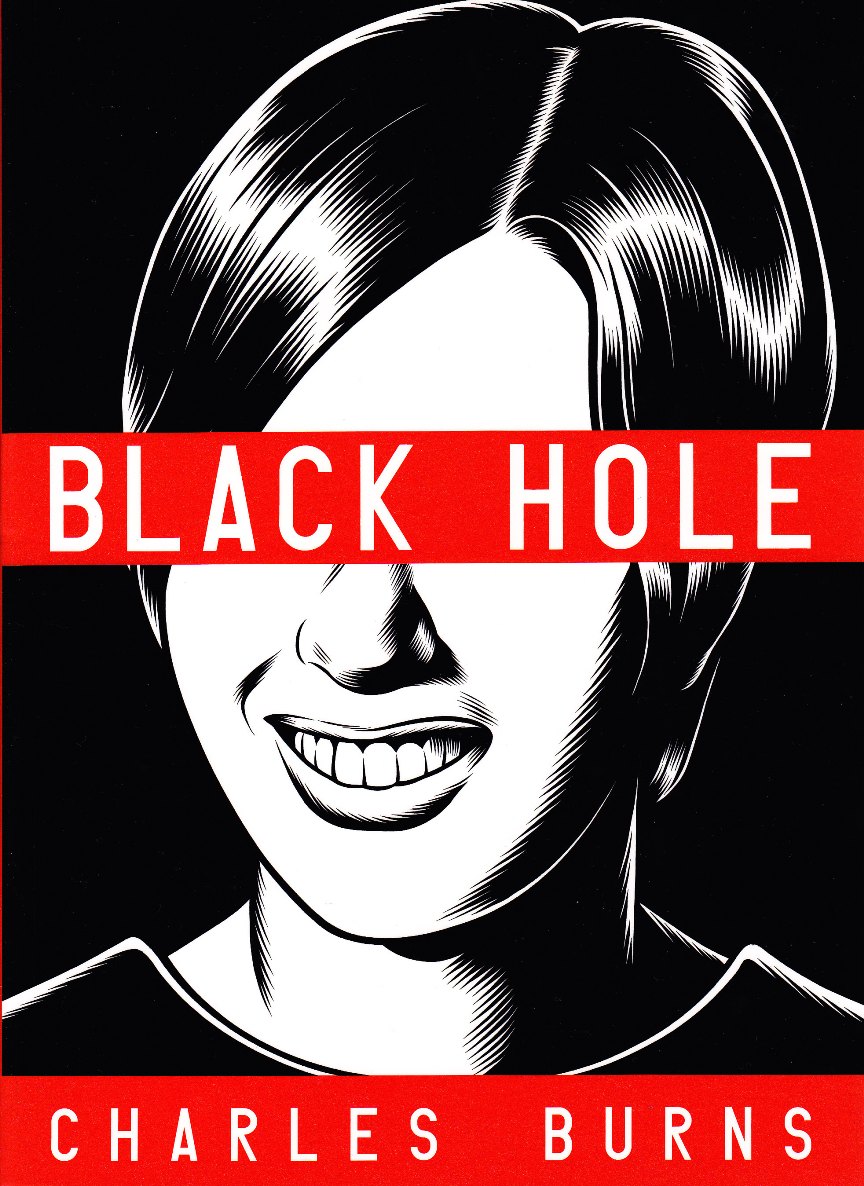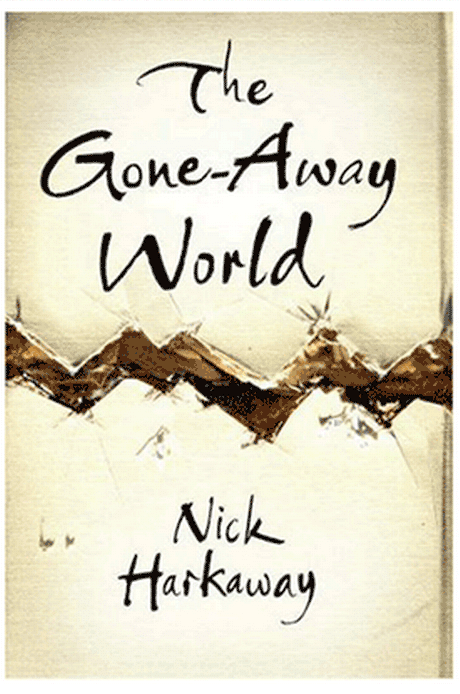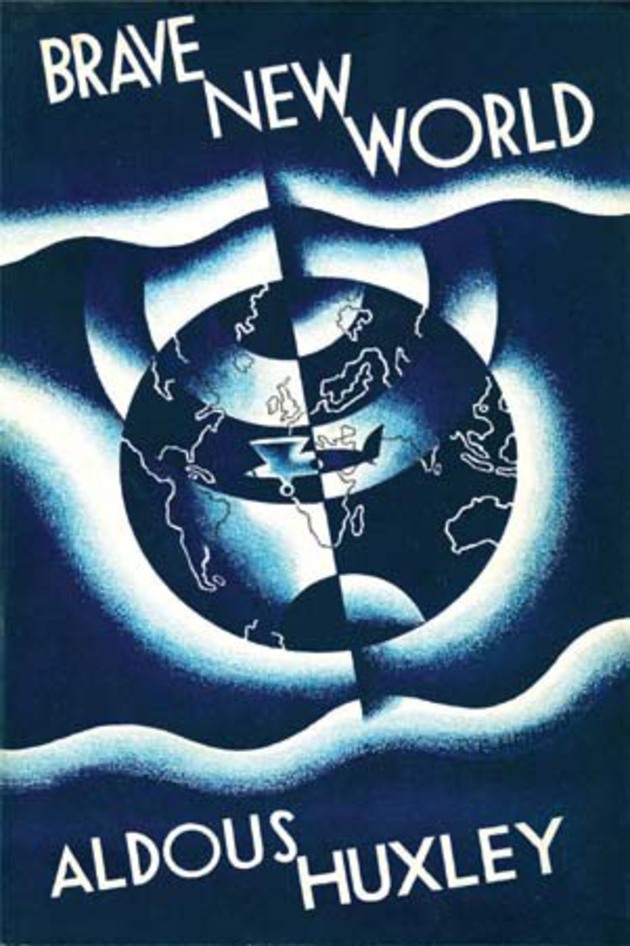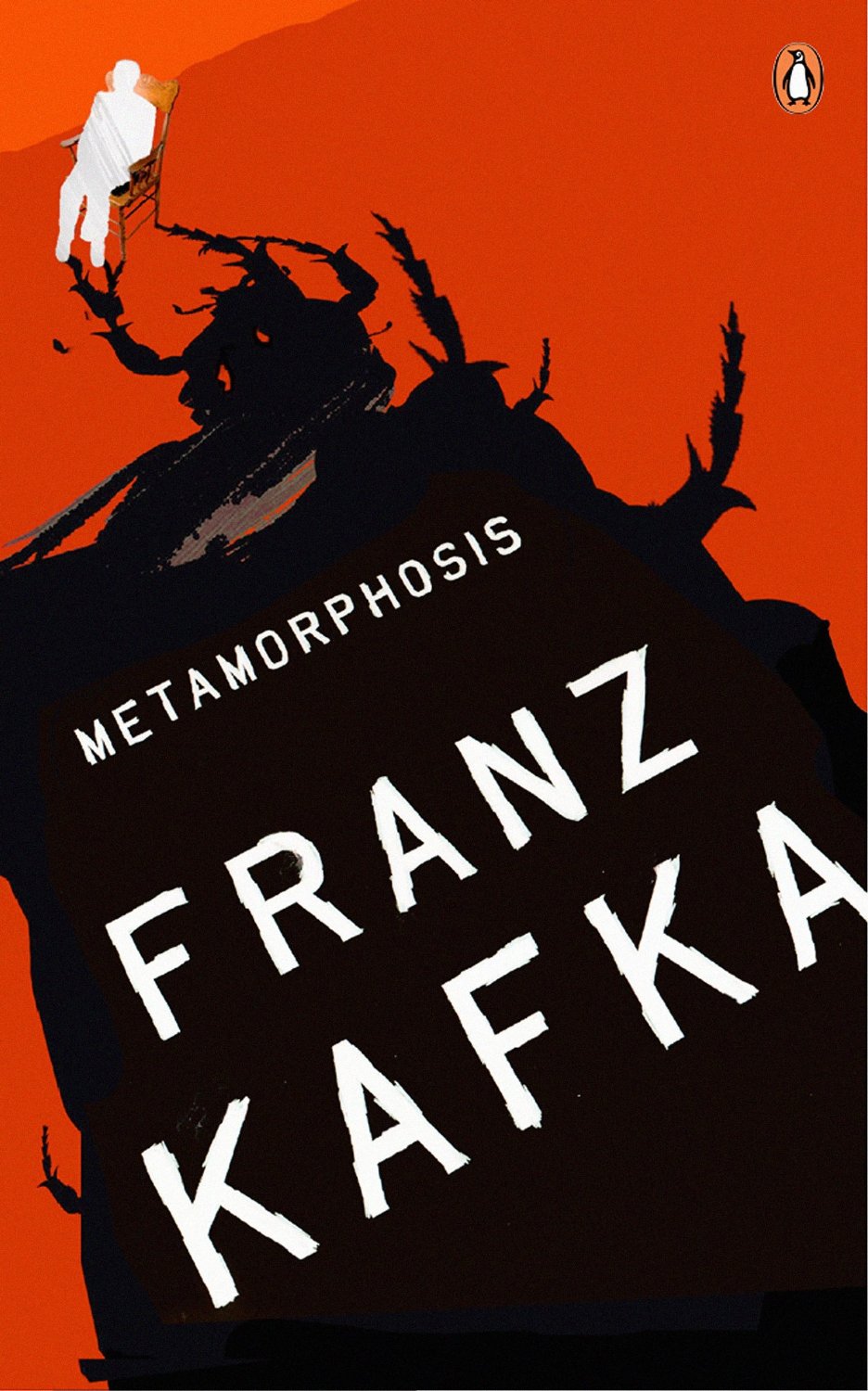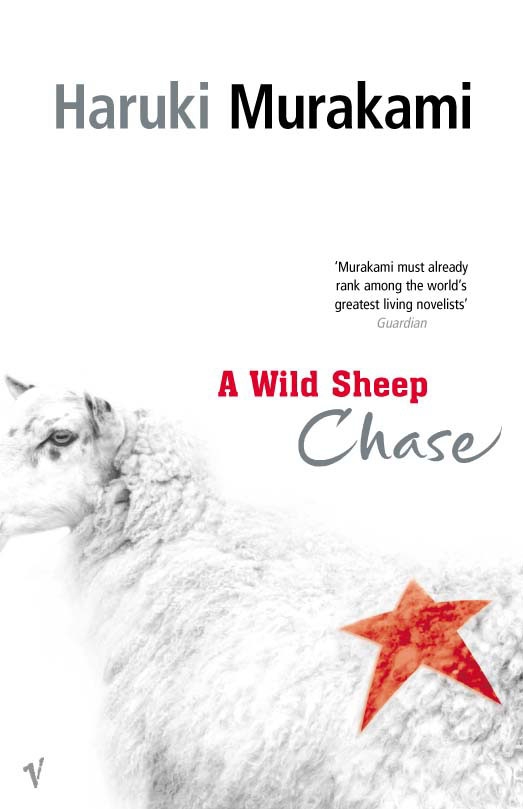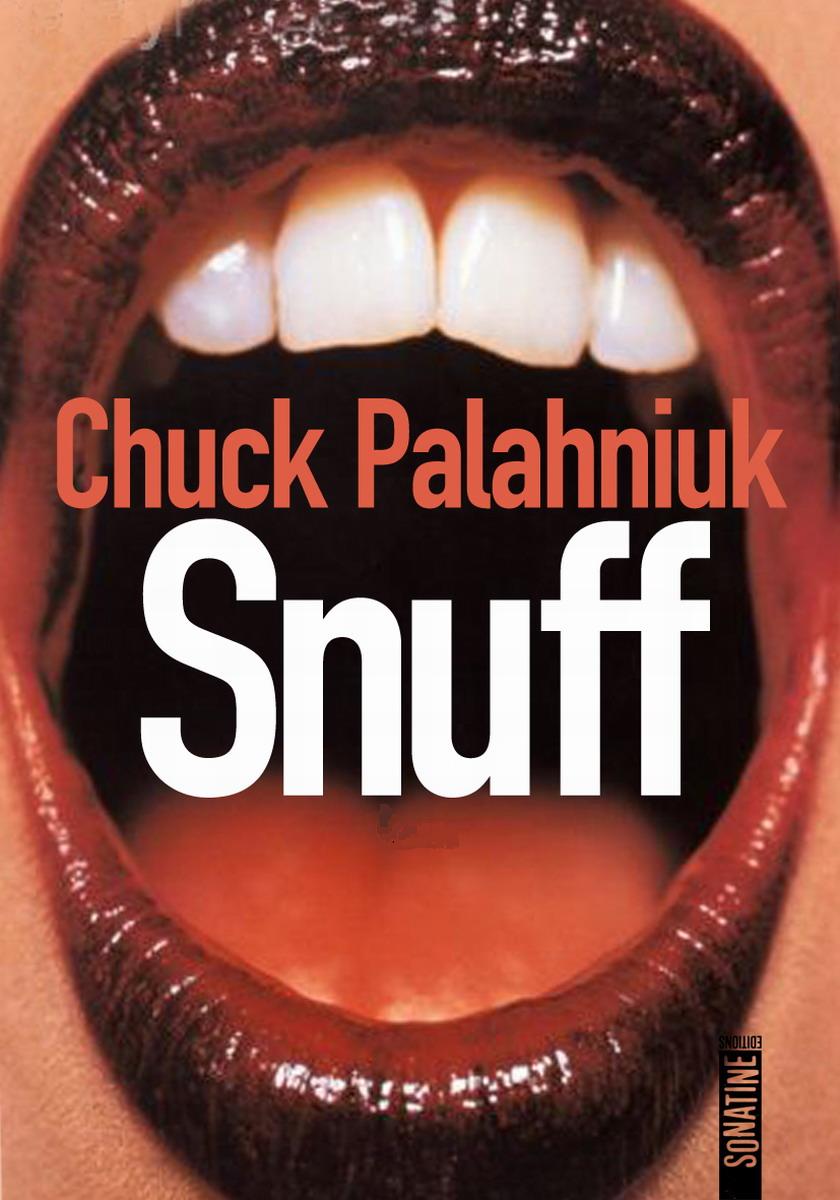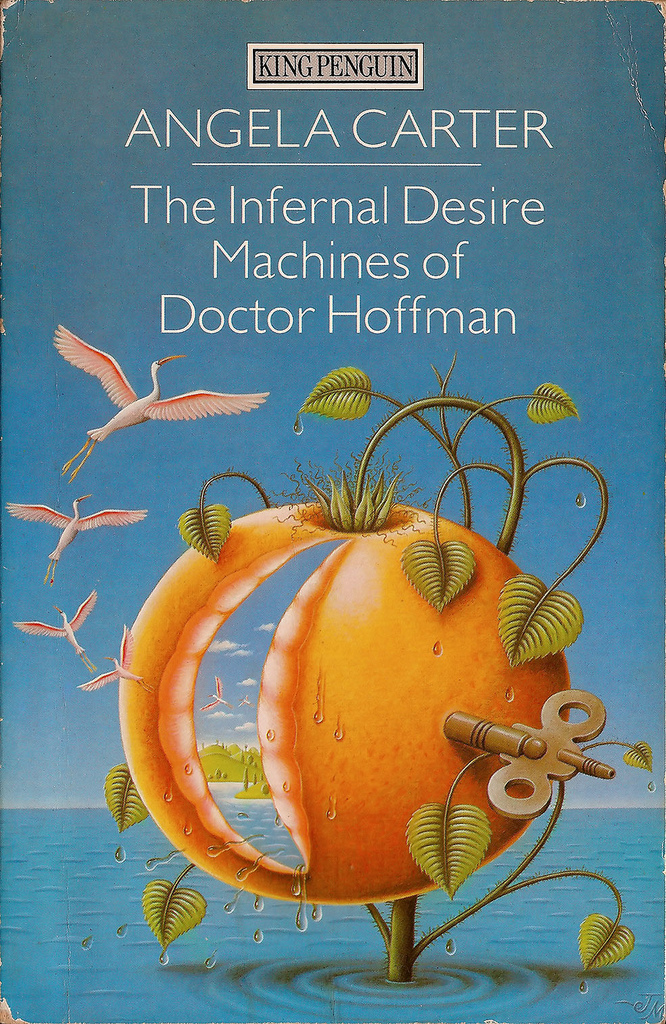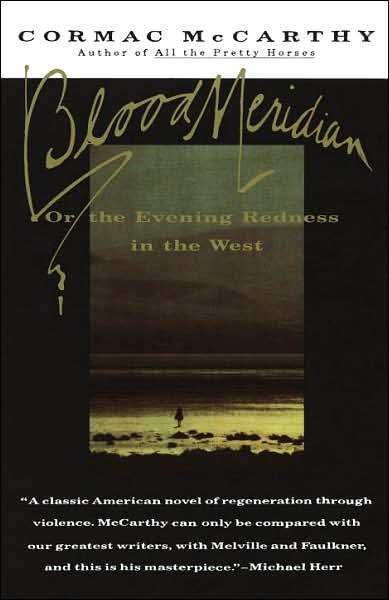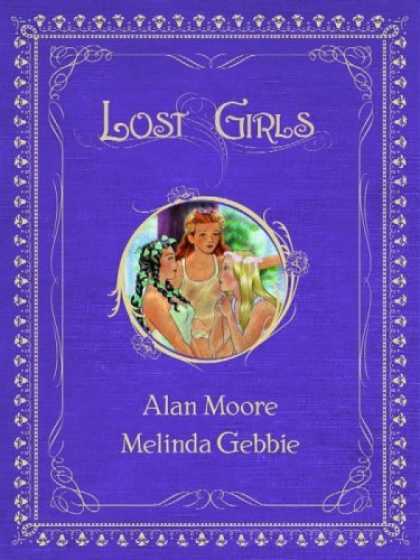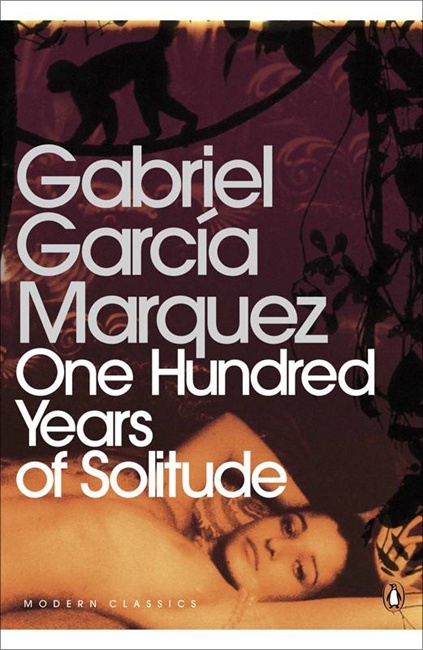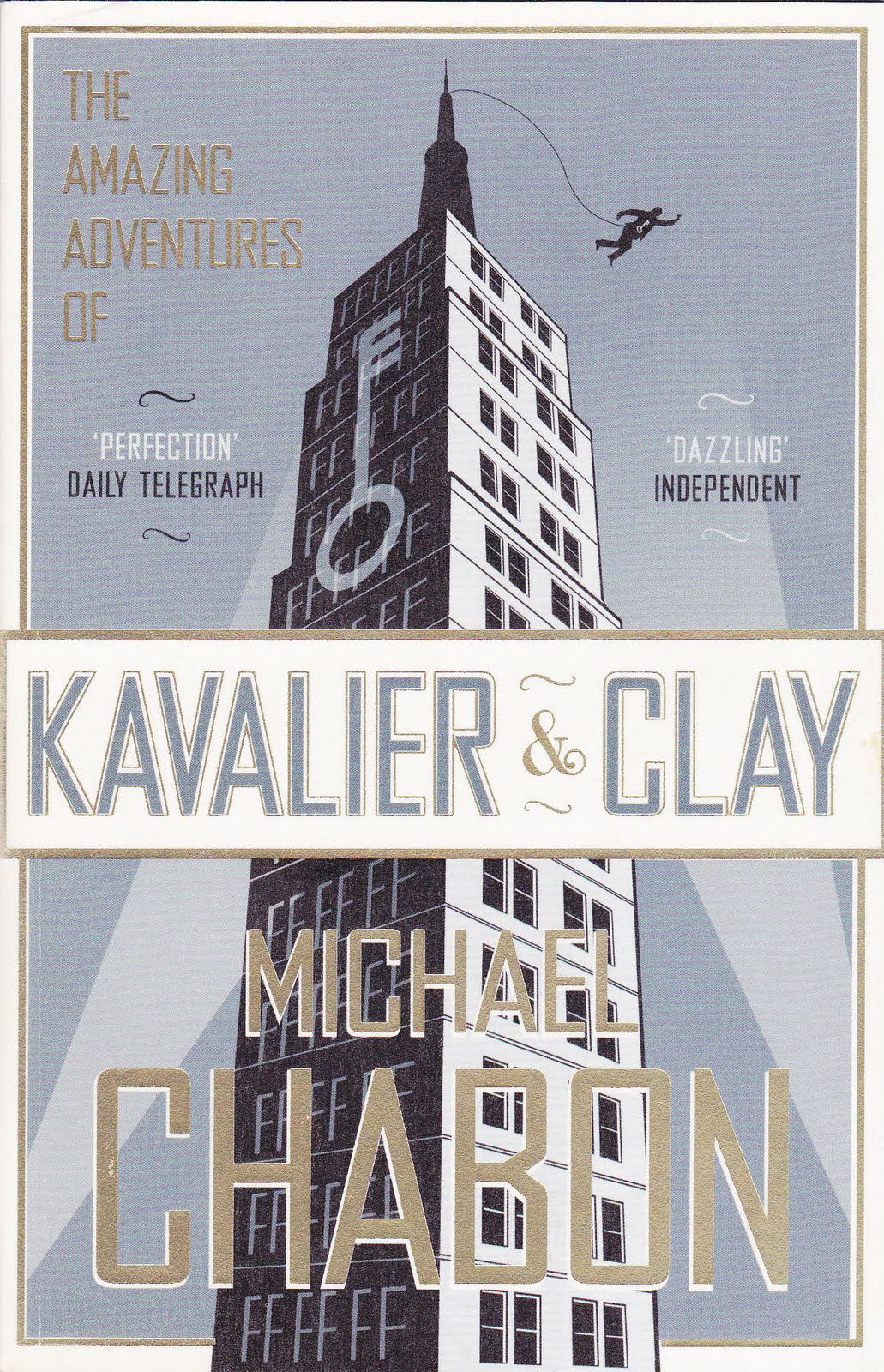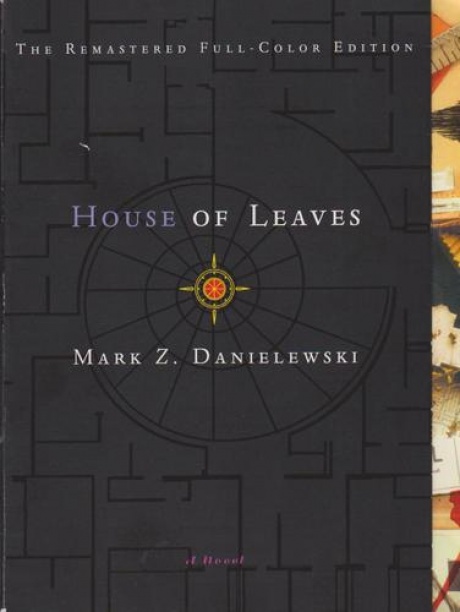Fifteen Unfilmable Novels And The Directors Who Should Try Anyway
So here are our picks: Fifteen books we love that we feel would make great films if put in the right hands and who we think those hands belong to. Dive in and let us know which book / director combos you would love to see on the big screen.














Black Hole by David Lynch
Charles Burns' Black Hole is a monster of a graphic novel, both figuratively and literally, and a true classic of the form. But the simple fact that the story revolves around high school kids fucking one another, contracting an STD that transforms them into often bizarre monsters, and then shooting one another means that this will never be made as a studio picture despite Universal commissioning a (very good) script from Neil Gaiman and Roger Avary and David Fincher expressing the desire to direct. Fincher's version would be too expensive by far and the combination of underage sex, drugs and firearms means it would likely never be able to secure an acceptable rating.
So take it out of Fincher's hands and give it to another David. Lynch's best work has always revolved around the dirty underbelly of middle America and I cannot imagine a better thematic fit. The Lynch version would likely look very little like Burns' drawings on the page but, seriously, can you imagine someone making this any more uncomfortable than Lynch would?
The Gone-Away World by Neill Blomkamp
Nick Harkaway's debut novel is an exhilarating, challenging read loaded with information bombs, rugged wasteland travelers and kung fu fighting mimes. It has more big ideas per square inch than should be legally allowed and indulges in such delightful wordplay from start to finish that it's an absolute joy to read. Action packed, funny and very, very smart it is also built around a complex structure that would be a bear to adapt and bring to the big screen and yet if someone could pull it off there's a chance it could be a masterpiece.
So give it to Neill Blomkamp, the South African wunderkind behind District 9 and Elysium. He's got technical skills out the wazoo, has a thing or two to say about identity and the reckless use of technology, and his compatriots in Die Antwoord would fit into this world so well it's just scary.
Brave New World by Darren Aronofsky
Yep, we've suggested this one before and we still think it's a good idea.
This has been tried a couple of times on television, notably with a pair of horribly bad mini-series prepped for the US networks - one of which starred Harold and Maude's Bud Cort in the lead - and core ideas have been pilfered for countless projects. How any broadcast network could think that they could do justice to the book while still be allowed to air the thing is beyond me and the end result has apparently been a negative feeling around the project despite it appearing - to me, at least - to be one tailor made for the big screen.
And there's no doubt in my mind that Darren Aronofsky would be the ideal candidate to put it there. He's already dipped into many of the themes in his earlier work, his technical skills mesh up well with the requirements of the novel, and he's one of few American directors working today with the right combination of intellect, passion and guts to pull this off.
The Metamorphosis by Ohata Hajime
Like Brave New World there have been stabs at Kafka's The Metamorphosis over the years but none have been particularly worthwhile. So what to do? Stop thinking about European or American directors, for one thing, and go to the land where they know a thing about creature features laced with dread. Yep, I'm thinking Japan and Henge director Ohata Hajime.
With Henge Ohata blended the existential dread of peak period Kurosawa (Kiyoshi, not Akira) with the punk rock gonzo spirit of Tsukamoto's Tetsuo The Iron Man and that seems a pretty much perfect blend of influences to bring Kafka's tale to life in a way that will inject it with the skin crawling energy it deserves.
A Wild Sheep Chase by Michel Gondry
Choosing just one of Murakami's many unfilmed stories to bring to the screen is a hard task but my vote goes with A Wild Sheep Chase. The quintessential Murakami novel, it features heartbreak, jazz, alcohol, noir overtones and a definite sense of the surreal and absurd.
Which means the solution to bringing it to the big screen is to lock Michel Gondry in a box somewhere until he develops one serious case of seasonal affective disorder and turn him loose. Would it be a 'clean' adaptation? Almost certainly not, but Gondry's obsessions and skill set dovetail nicely with Murakami's in a way that should produce intriguing results.
Snuff by Lars Von Trier
Back in 2011 word came out that a filmmaker named Fabien Martorell had acquired film rights to Chuck Palahniuk's Snuff. Casting rumors popped up shortly thereafter and were promptly squashed and there was general speculation about the suitability of a guy whose previous feature was a documentary about Troma founder Lloyd Kaufman. The continued lack of cast and general lack of progress leads me to think that this version is probably never going to happen.
So, should the rights to Palahniuk's ultra-dark, ultra-explicit satire of the porn industry return to the public realm, who would we like to see take them up? Everyone's favorite Dane, of course. Lars Von Trier would certainly not be one to shy away from the sexual content and his own super dark sense of humor would mesh nicely with Palahniuk's. And he's also one of the only directors in the world who would be able to secure decent cast for this.
The Infernal Desire Machines Of Doctor Hoffman by Sally Potter
Angela Carter was the premiere lady of dark letters in British literature in the 20th century; her retake on classic fairy tales, the grotesque and the gothic are mesmerizing and more than a little sexy. Sally Potter (Orlando, The Man Who Cried, Yes, The Tango Lesson) is one of the UK’s premiere auteurs; her films are as diverse as they are intriguing, examining the politics of love with a sharp eye and a keen ear for language and movement. So I could see Potter directing the seemingly unfilmable Carter novel “The Infernal Desire Machines of Dr Hoffman”.
It’s a science fiction/fantastic tale, set in a strange land where a madman has created a psychic machine that creates mass hallucinations among the city populace and wreaks havoc. The intricacies of creating this strange dichotomy between reality and dreams, combining politics, intrigue, sex and violence with the baroque and the surreal would require a director like Potter, who is not given to outlandish excess, and yet can take apart and then fuse together fantasy, sci fi, postmodernism, the picaresque and adventure.
[This selection by Shelagh Rowan-Legg.]
Blood Meridian by Gaspar Noe
It's been a struggle to bring Cormac McCarthy's Blood Meridian to the big screen, with James Franco being the most recent to try and fail. A sort of anti-Western given over to bouts of extreme violence it's one of McCarthy's thorniest novels, one that demands a director unafraid of embracing the violence without just veering into straight exploitation.
Admittedly, that exploitation cliff is one that Gaspar Noe would almost certainly veer as close to as possible but with a novel as 'dangerous' as this, do you not want a dangerous director to match? More than a decade has passed since Irreversible and nobody has surpassed Noe's ability to unsettle and challenge with the use of violence in the years since.
Cryptonomicon by Michael Bay
Yeah, I'm kind of messing with you here but you have to admit that the cognitive disconnect of taking a novel by one of the most information-dense writers on the face of the planet and handing it to a guy whose calling in life is to take pretty pictures of girls in bikinis and things blowing up could produce a car wreck of epically entertaining proportions.
Neal Stephenson, for those unfamiliar, is a writer whose work tends to be lumped into science fiction when what he really does is find connections between the larger systems that govern our world. In this case that would be a connection between WWII code machines and the cryptography that enables the modern banking system - a connection which he then packages up as a thriller jumping between WWII and roughly contemporary times while also throwing in a bit of haiku. Hardly anything explodes at all.
The Baron In The Trees by Nakamura Yoshihiro
What? You're not up on your 1950s Italian fantasy novels? This one comes suggested by our Italian correspondent Fausto Vernazzani and I have to say that after reading up a bit on the story - it revolves around a boy who climbs a tree and swears never to come down again - I can see the appeal.
A sort of magical realist fable it's the sort of story that requires a director capable of embracing a quirky scenario while remaining - and sorry for the pun - grounded. And for this we turn to Japan's Nakamura Yoshihiro, the director of Fish Story and Golden Slumber. A director who flips easily between flashy studio projects and more independently minded, character driven fare Nakamura's greatest strength is his ability to make the odd feel strangely universal and establish emotional ties with his characters, something that should serve him in good stead here.
Lost Girls by Sophia Coppola
A title unlikely to ever see the screen thanks to the one-two punch of its creator being a notorious crank and the fact that it contains rather a lot of sex, Alan Moore's Lost Girls is, nonetheless an intriguing one. Chronicling the sexual escapades of Alice from Alice In Wonderland, Wendy from Peter Pan and Dorothy from The Wizard Of Oz it's rather different subject matter than what we normally associate with the creator of Watchmen.
For this one Sophia Coppola seems an obvious choice, a director who has shown a love for this sort of anachronism in the past and one who is very clearly interested in putting a stylish face on female oriented stories. And, who knows, maybe Coppola would bring the sort of indie cred that would make Moore soften up a bit and let his creation out to play.
One Hundred Years Of Solitude by Guillermo Del Toro
It's got no monsters in it, which would seem to lessen its appeal to Guillermo Del Toro but should the Mexican born director be inclined to show that he's not all about the flash and bang then he could do far, far worse than to tackle an adaptation of the Gabriel Garcia Marquez classic.
A massive, sprawling tale this one may very well be better suited to miniseries than to film but it certainly has a richness of character and scope that would bring instant appeal to the screen.
The Amazing Adventures Of Kavalier And Clay by The Coen Brothers
It's baffling to me that so little of of Michael Chabon's body of work has made it to the big screen. It's even more baffling that of all of his stuff nobody has done anything with this one in particular, his Pulitzer winning love letter to the Golden Age of American comics.
Sure, there's talk of it. HBO supposedly have rights to do it as a miniseries - which would be as good a home for it as possible on television - but they're doing it with Stephen Daldry, whose Extremely Loud And Incredibly Close does not inspire confidence that he can handle the material. Please, HBO, I know you're reluctant to do such things, but give it to the Coen Brothers instead.
Kraken by Jean Pierre Jeunet
China Mieville is a world builder. Moreso than any of his modern fantasy contemporaries, Mieville is a writer that excels at creating worlds and environments and culture that ooze with history. His work is dense and rich and challenging and, yes, I am an enormous fan. But his greatest strengths are also what make him so difficult to take off the page and put on the screen, for the most part - King Rat and UnLunDun being the obvious exceptions, as both would adapt fairly simply - and while it's tempting to go for the gusto and say if you're going to do Mieville go straight for the big gun that is Perdido Street Station but instead we're going to set our aim somewhat more modestly as go for Kraken instead.
Why? It's a bit more manageable, for one. And the way Mieville warps modern London into something bizarre and otherworldly, with secret societies and old gods lurking beneath the surface, is hugely rewarding, for another. But mostly ... mostly it's because as much as I like the Jean Pierre Jeunet that made Amelie I want the Jeunet who made Delicatessen and City Of Lost Children to come back. And this is the book that could do it.
House Of Leaves by David Fincher
It has been more than a decade since I read Mark Z. Danielewski's
debut novel House of Leaves, but it has stayed with me more than
almost anything else I have attempted to read since. A multi-tiered
narrative that sees tattoo artist Johnny Truant root through a
trunkful of notes, excerpts and recordings relating to a documentary
that may or may not exist is fascinating enough, but Danielewski then
takes the audience into the eerie, horror-tinged world of that film - laying out the investigations of
photojournalist Will Navidson and his wife when they discover a
mysterious hallway in their house.
Beyond the stories within the novel, however, is the book's
presentation, constantly experimenting with page layouts, font
sizes, footnotes and the like, which spectacularly mirror the mood and
setting of the narrative at that particular moment. While some
elements of this may well be lost in a transition from the page to the
big screen, I believe a director like David Fincher could effectively
combine the technical know-how, dramatic authority and anarchic
sensibility to balance these disparate elements into a satisfying and
hopefully thrilling feature film.
[This selection by James Marsh.]

Around the Internet
Recent Posts
Now Playing: SCREAM 7 Not So Scary, GHOST ELEPHANTS Not a Myth
Leading Voices in Global Cinema
- Peter Martin, Dallas, Texas
- Managing Editor
- Andrew Mack, Toronto, Canada
- Editor, News
- Ard Vijn, Rotterdam, The Netherlands
- Editor, Europe
- Benjamin Umstead, Los Angeles, California
- Editor, U.S.
- J Hurtado, Dallas, Texas
- Editor, U.S.
- James Marsh, Hong Kong, China
- Editor, Asia
- Michele "Izzy" Galgana, New England
- Editor, U.S.
- Ryland Aldrich, Los Angeles, California
- Editor, Festivals
- Shelagh Rowan-Legg
- Editor, Canada


